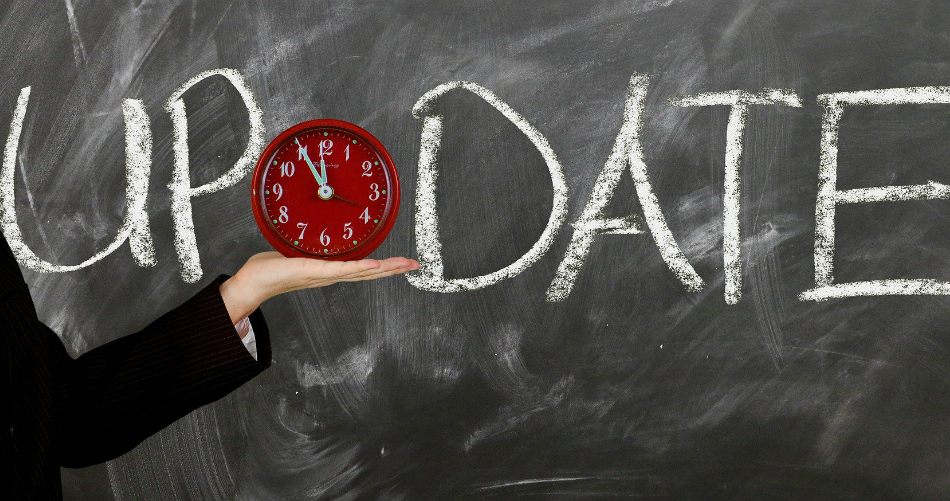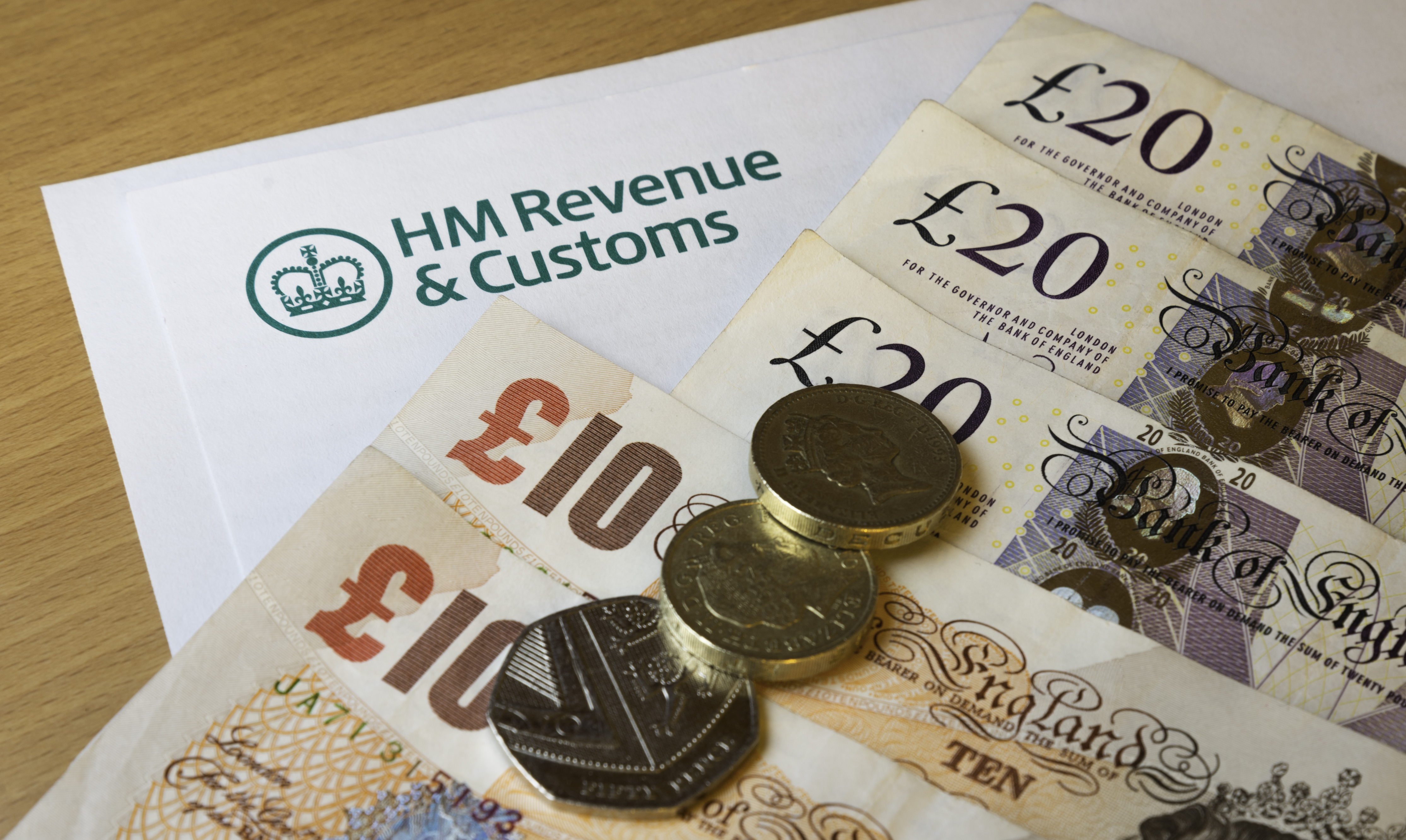Self assessment help is here for all you small business owners and sole traders preparing to submit your tax return to HMRC online. The deadline for submission is 31st January 2020 – but make sure there’s no last minute panic and take a look at our list of seven costly self assessment mistakes to avoid.
1. Using an incorrect UTR number – or not having one at all
In order to submit a self assessment tax return, you need a Unique Taxpayer Reference (UTR) Number. This is a ten-digit number, and you must ensure you note it correctly wherever required – a mistake could result in a rejected form, and a penalty from HMRC.
If you don’t yet have a UTR number, you won’t have filed a self assessment return before. Your first step is to register with HMRC, which you can online. Be sure to do this as soon as possible, as it can take around ten days to receive your UTR number. Then, you need to request an activation code in order to log in to your HMRC account.
2. Using an incorrect tax code
Most of us are familiar with our tax code – this is usually three numbers, followed by a letter. As your tax code determines how much tax you pay, it’s worth double checking your code is correct.
Should you mistakenly pay too much tax, you’ll be entitled to a refund from HMRC; conversely, should you pay too little tax, you will be required to make repayments to HMRC – possibly with added interest applied.
3. Not declaring all relevant income
One of the biggest self assessment mistakes to avoid is not declaring all relevant income, including capital gains – and this could incur harsh penalties from HMRC.
Of course, you’ll declare income from your employment, any pension you draw from, and any income from property. You also need to declare income from sources including:
- Interest or dividends from money in bank accounts or savings accounts
- Benefits, such as paternity or maternity pay and statutory sick pay
- Capital gains, such as profit from selling stocks and shares, or property assets
- Dividends paid to you as a shareholder
There is some good news, too – there are some income sources which don’t need to be declared on your self assessment tax return. These include:
- The first £1,000 of income from self employment
- The first £1,000 of income from a property that you let
- Interest, dividends and bonuses from ISAs and other tax exempt investments, such as National Savings Certificates
- Prize winnings from gambling, the National Lottery and Premium Bonds
- Save As you Earn (SAYE) interest or any bonus at the end of the scheme
If you’re unsure about what to declare and need further self assessment help, take a look at the Gov.Uk website’s guide to income tax or speak to your accountant.
4. Not claiming your expenses
This is definitely a self assessment mistake to avoid – according to consumer advice website Which?, self assessment users end up overpaying their tax by £355, simply because they haven’t claimed the expenses to which they’re entitled.
It’s not always simple to determine which expenses you can claim for, and these can differ depending on your employment status. If you’re self-employed, allowable expenses include:
- Office costs – such as phone bills and stationery, business rates and utilities costs
- Travel costs
- Uniform costs
- Staff salaries or subcontractor costs
- Pension contributions
- Stock or raw materials
- Insurance costs
- Marketing costs
- Relevant training costs
If you’re employed, you may be able to claim tax relief on items such as:
- Uniforms, work clothing and tools
- Travel expenses
- Vehicles you use for work
- Professional fees
- Some costs of working from home
If you’re unsure about what you can claim for, it’s worth getting some self assessment help – particularly as HMRC can levy expensive penalties for incorrect claims. Speak to your accountant for help, or see the comprehensive guidance online on the HMRC website:
5. Missing out on tax allowances
There are a range of tax allowances available, which can all have an impact on how much income tax you’re due to pay. It’s important to know which could apply to you, and current allowance rates. For example:
- Do you own shares in a company and draw dividends?
- Do you receive interest on any savings?
- Do you receive any income from property?
- Are you married, and either you or your spouse earn less than the current Personal Allowance threshold?
HMRC’s website lists tax allowances in detail, so if any of these could apply to you, take a look.
6. Forgetting about ‘payment on account’
Did you know that HMRC requires you to pay towards next year’s tax bill now? It’s important to factor this into your budgets and cash flow projections, or you could find yourself short when the payment dates arrive.
The first instalment for the coming year is due with the current tax return, by 31st January 2020; this instalment is generally around half of the previous year’s tax bill. The other half is then due for payment on 31st July 2020. These payments are known as ‘payment on account’. By the time you submit your tax return for next year you may only have a small amount to pay. If you’ve already paid more than your actual bill, HMRC will make a repayment to you.
There are two exceptions to payment on account – the first is if your previous self assessment tax bill is less than £1,000. The second is if you’ve already paid 80% or more of the tax you owe through PAYE.
7. Skipping your final check through
Yes, this one is just plain common sense – make sure you have time to check and re-check your form before you hit that ‘submit’ button. A simple error could result in your self assessment form being rejected, or even cost you a penalty from HMRC. It’s too easy to tick the wrong box, miss out a receipt, mis-read a question or mis-type a number – especially if you’re working against the clock.
8. Missing the deadline
Preparation is key! Don’t leave everything to the 31st January – if you suddenly realise that you’re missing a P60 or P45, an invoice or details of the interest on your bank account, chances are you’ll miss the deadline. HMRC apply financial penalties for late submission as well as for late payment of your tax bill (both are due by midnight on 31st January).
The key is to start gathering all the relevant paperwork now, giving yourself as much time as possible to track down all you need… especially if it’s something that you haven’t yet realised will be required!
Top tip
You can make amendments or corrections to your submitted tax return!
If you’ve submitted your form, but subsequently realised that you’ve made a mistake, you can make changes to it. To amend a return made online you’ll need to make your amendments online, via your HMRC account. If you filed a paper return then you’ll need to download another return form and complete the relevant pages to send to HMRC. Amendments must be made by 31st January in the year after the filing deadline for the tax year you’re amending. (So, for the 2018 – 2019 tax year, you’d need to make changes by January 2021.)
Knowing that you can make changes might help manage any pressure you feel about completing your return – but it’s still important to follow all our tips. Keep in mind that if your changes result in owing HMRC more tax than you’ve paid, interest may be applied to what you now owe.
Do you need self assessment help?
Depending on your circumstances, you may find that your self assessment tax return isn’t quite as straightforward as you’d hoped. It’s better to recognise this now, rather than on the deadline, so you have time to look for help. The HMRC website, as referenced in the points above, is the best first point of call. If you’re still confused about what you need to do, which tax allowances you’re eligible for or which expenses you can claim for, then it’s best to speak to an accountant.
At Crunchers Edinburgh we offer traditional tax and compliance services – we can carry out tax reviews ahead of your business accounting year-end and ensure that you are taking out your profits in a manner which works best for your business. We’re proud to be Fair Tax Mark accredited, so you know that you can trust us to get your tax right.
As alternative accountants, our focus is on improving the numbers for your business and we can offer much more than a traditional accountant. With our industry knowledge and experience, our aim is always to add value to your business and to help you grow. If you’d like to find out how we could help you, take a look at all the services we offer or call us on 0131 502 0543 for a chat.


